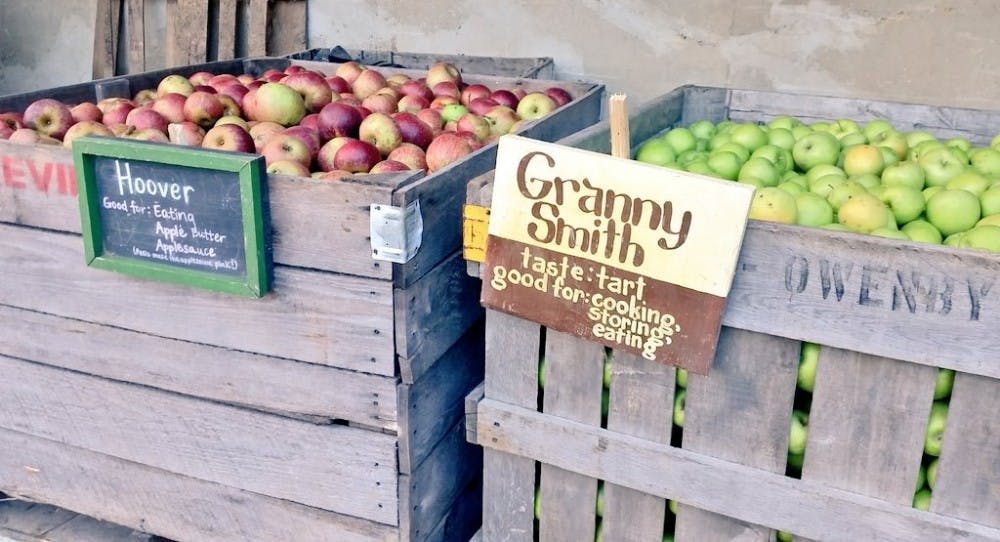Starting in April, a select group of low-income, high-risk patients visiting UNC’s Family Medicine Center will be coming home to their families with a new kind of prescription medicine: fruits and veggies.
“These are patients that have uncontrolled diabetes, uncontrolled blood pressure and obesity and also are uninsured or have Medicaid,” said Associate Medical Director of the UNC Family Medicine Center Dana Neutze. “And what we’re trying to do, rather than give them a prescription for medicine to try to control these health issues, giving them a prescription for a food box.”
While food-prescription programs are hardly a new idea, the collaborative effort between UNC and N.C. State University also contains an educational component. Once a week for six weeks, program recipients will attend a food education course at either UNC’s Family Medical Center or its outpost in Durham.
After the classes, recipients will receive a week’s supply of local fruits and vegetables. After the classes have finished, recipients will continue to pick up their produce for an additional 17 weeks. The physical health of the participants will also be monitored.
“We probably won’t see dramatic changes in sugar or blood pressure, but we’re hoping that we’ll see some small shifts in them,” Neutze said. “We’re also interested in the personal stories from patients -- if it made a difference in what they’re cooking, if it made a difference in the types of food they’re eating. What we’re really hoping to do is use this pilot data to get more patients.”
Aside from continuing further studies, the researchers hope data from programs like theirs could have a positive impact on the healthcare system.
“There are some models in other states where insurance companies have actually been willing to underwrite the cost of a program like this, because they see value of keeping people healthy by having better food options,” said Alice Ammerman, director for the Center for Health Promotion and Disease Prevention and Kaufman Distinguished Professor in the Department of Nutrition. “So if we can show a benefit from this program in terms of some of the health outcomes it may be something we can convince insurers to try out.”
The classes are hoping to help those receiving the fruits and vegetables by addressing issues related to food insecurity. According to Neutze and Ammerman, there are numerous obstacles to healthy eating for those who are food insecure or living in food deserts.
Junk food and fast food are easier to prepare than healthy food and typically less expensive. If a family buys vegetables for their children and the children don’t eat them, the time and money spent on the vegetables is a cost that would have been negated with cheaper and less healthy food.




